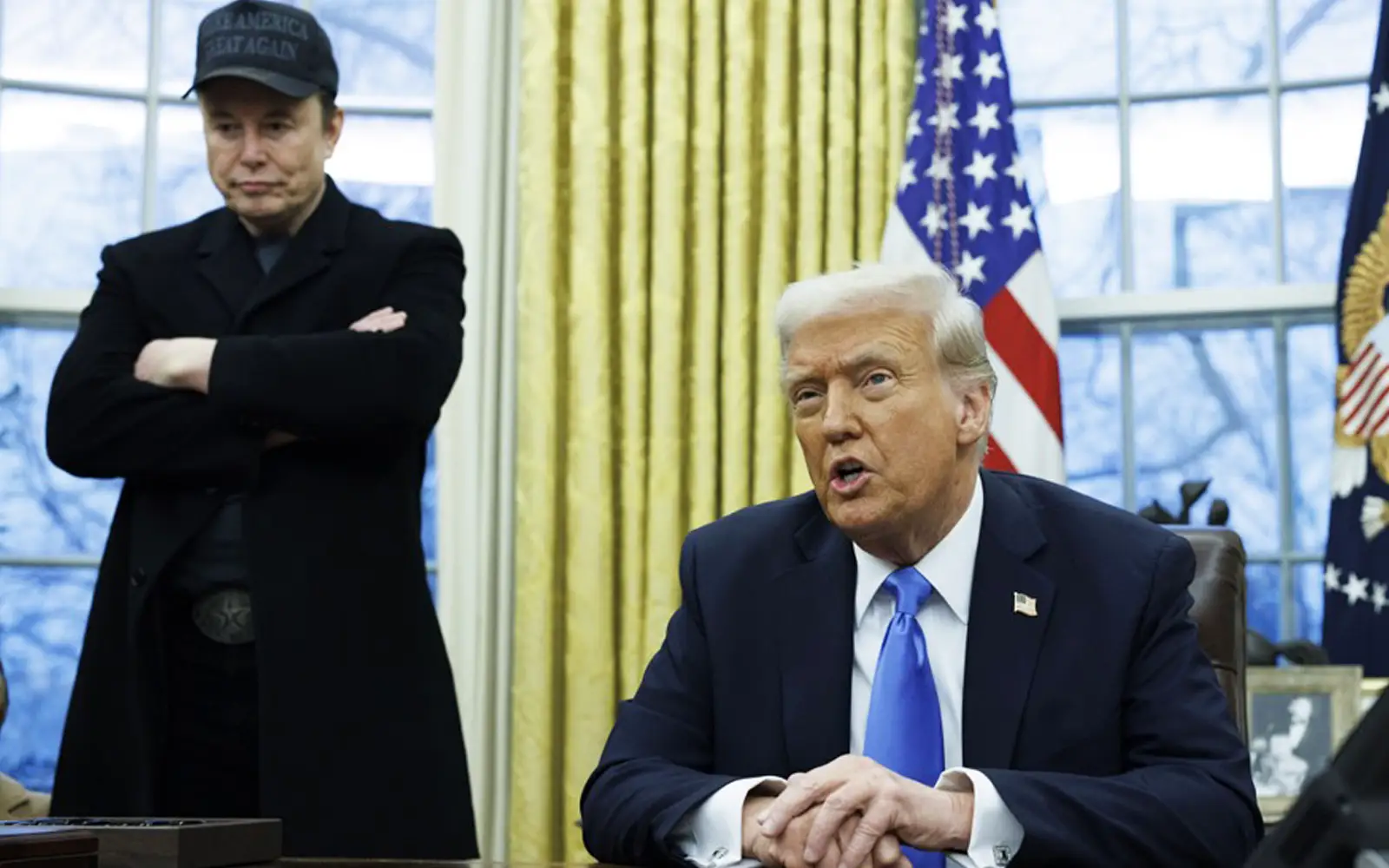The reported decision by the United States to cut 21millioninvoterturnoutassistancetoIndiaand29 million to Bangladesh marks a notable shift in its foreign aid priorities, raising questions about diplomatic dynamics and the future of democracy-support initiatives in South Asia. Below is a breakdown of the context, potential drivers, and implications of this move:
Key Details
India:
- The $21 million grant reduction affects programs aimed at enhancing voter education, election transparency, and participation, historically supported by agencies like USAID.
Bangladesh:
- The $29 million cut targets similar initiatives in a country where U.S. funding has often focused on strengthening electoral institutions amid concerns over democratic backsliding.
Possible Drivers Behind the Cuts
Strategic Reprioritization:
- The U.S. may be reallocating resources to other regions (e.g., Ukraine, Indo-Pacific security) or shifting toward non-democracy-focused aid (climate, health).
India:
- As the world’s largest democracy with a robust electoral system, the U.S. might view such grants as redundant. India’s Election Commission has a reputation for managing massive polls independently.
Bangladesh:
- The cuts could signal frustration with Prime Minister Sheikh Hasina’s government over human rights issues and contested elections (e.g., 2024 polls criticized as unfree).
Domestic U.S. Politics:
- Fiscal conservatives in Congress often push to reduce foreign aid spending. These cuts might reflect bipartisan pressure to trim budgets.
- A Republican-led administration could deprioritize democracy promotion in favor of realpolitik alliances.
Diplomatic Signaling:
India:
- The reduction could hint at behind-the-scenes tensions, such as disagreements over India’s Russia ties or digital governance laws (e.g., data localization).
Bangladesh:
- A punitive measure against Hasina’s alleged authoritarian drift, aligning with recent U.S. visa restrictions on Bangladeshi officials.
Effectiveness Concerns:
- Audits may have revealed inefficiencies in grant implementation, or local governments may have resisted perceived foreign interference.
Implications For India:
Minimal Direct Impact:
- India’s electoral infrastructure is largely self-funded, but grassroots NGOs reliant on U.S. grants for voter awareness campaigns (e.g., gender/ caste inclusion) could face setbacks.
Symbolic Message:
- The cut may strain perceptions of U.S.-India “shared democratic values,” even as strategic ties deepen in defense and tech.
Implications For Bangladesh:
Weakened Institutions:
- Reduced funding could hamper election commissions and civil society groups already struggling under government pressure.
Escalating Tensions:
- The move risks further alienating Dhaka, potentially pushing Bangladesh closer to China, which offers aid without political conditions.
For U.S. Foreign Policy:
Credibility Questions:
- Critics may argue the U.S. is abandoning its democracy-promotion ethos, especially after setbacks in Afghanistan and Myanmar.
Opportunity for Rivals:
- China and Russia could leverage the vacuum to expand influence via alternative aid frameworks.
FOLLOW: https://newsroom47.com/fm-sitharaman-urges-separate-talks-on-bits/
Newsroom 47
